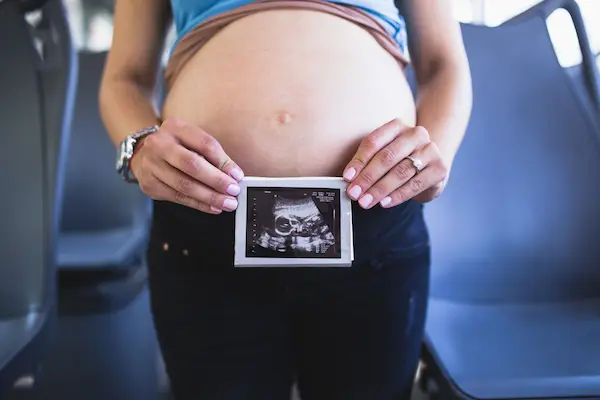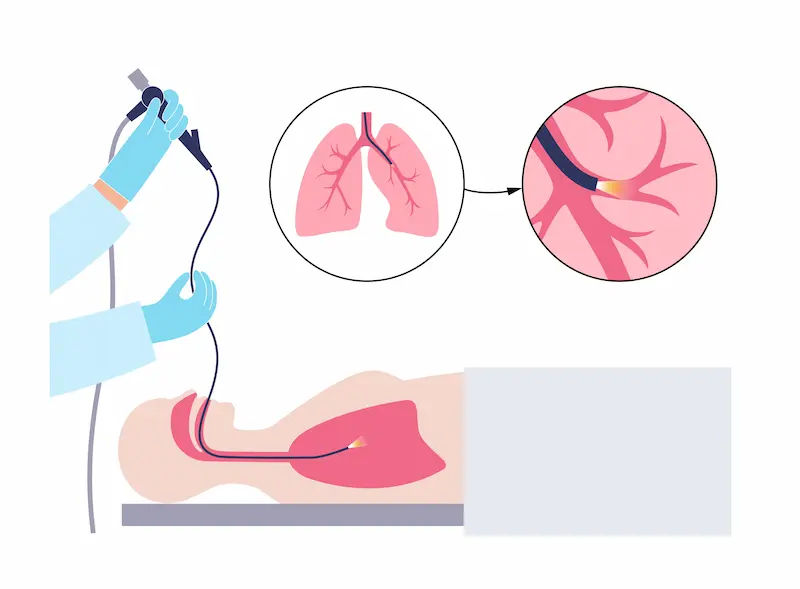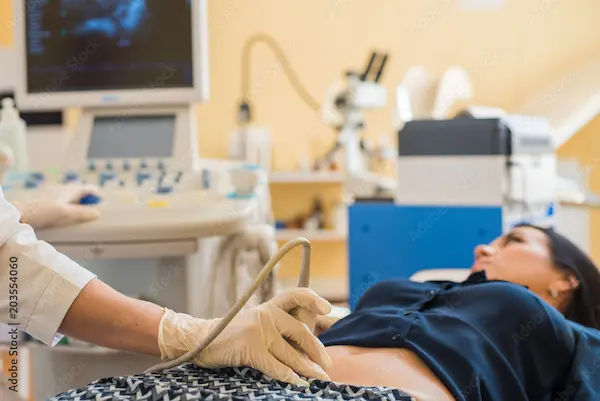Lung Function Testing
Know about the lung function test, what it is, why it is done, and what to expect. Learn about how to keep the lungs healthy.

Written by Dr. Md Yusuf Shareef
Reviewed by Dr. Rohinipriyanka Pondugula MBBS
Last updated on 8th Sep, 2025
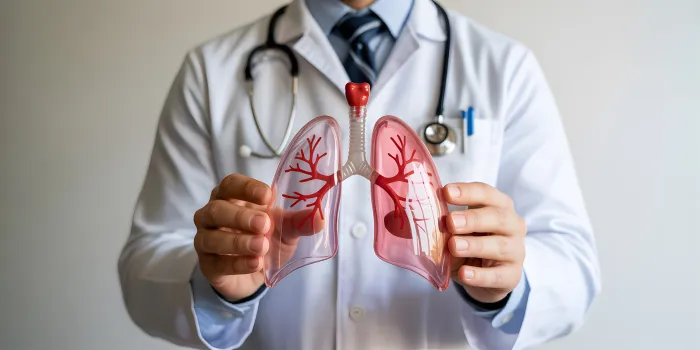
Introduction
Breathing is something we often take for granted until it becomes difficult. If you or a loved one has been advised to undergo Lung Function Testing (LFT), it is at this time that you might have questions about what it is, why it’s needed, and what to expect. This guide will help explain everything in simple terms so you can feel more confident and informed.
What is Lung Function Testing?
Lung Function Testing, also called Pulmonary Function Testing (PFT), is a group of tests that measure how well your lungs are working.
These tests check:
- How much air your lungs can hold.
- How quickly can you move air in and out of your lungs
- How well your lungs deliver oxygen to your blood.
These tests help doctors diagnose lung conditions like asthma, chronic obstructive pulmonary disease (COPD), pulmonary fibrosis, and other breathing disorders.
Why is Lung Function Testing Done?
Your doctor may recommend LFT if you:
- Have shortness of breath, wheezing, or a chronic cough.
- Are you a smoker or have a history of smoking?
- Have been exposed to dust, chemicals, or pollutants that affect breathing.
- Need pre-surgery evaluation (to check lung health before an operation).
- Have a chronic lung disease (to monitor treatment effectiveness).
Common Types of Lung Function Tests
Common types of lung function tests include:
- Spirometry – The most common test, where you take a deep breath and blow hard into a tube. It measures how
much air you can exhale and how fast. - Lung Volume Test – Measures the total amount of air your lungs can hold.
- Diffusion Capacity Test – Checks how well oxygen passes from your lungs into your blood.
- Exercise Stress Test – Monitors lung function during physical activity.
What to Expect During the Test?
Before the Test:
- Avoid smoking, heavy meals, or vigorous exercise before the test.
- Wear loose clothing for easy breathing.
- Inform your doctor if you’re on any medications (some may need to be paused).
During the Test:
- You’ll be asked to breathe into a machine through a mouthpiece.
- A nose clip may be used to ensure you breathe only through your mouth.
- The technician will guide you through different breathing patterns (deep breaths, quick exhales, etc.).
After the Test:
- You can resume normal activities immediately.
- Results are usually reviewed by a specialist and discussed with you.
How to Prepare for Better Lung Health?
While lung function tests help diagnose problems, you can also take steps to improve lung health:
- Quit Smoking – The single best thing you can do for your lungs.
- Exercise Regularly – Walking, swimming, and yoga strengthen lung capacity.
- Avoid Pollutants – Stay away from smoke, dust, and strong chemicals.
- Eat a Balanced Diet – Foods rich in antioxidants (fruits, vegetables, nuts) support lung function.
- Practice Deep Breathing – Helps expand lung capacity and reduce stress.
When to See a Doctor?
If you experience:
- Persistent cough or wheezing
- Shortness of breath during routine activities
- Frequent chest tightness
- Unexplained fatigue
Final Thoughts
Your lungs are vital for every breath you take. Lung Function Testing is a simple, painless way to ensure they’re working well. If you have concerns about your breathing, don’t hesitate to get tested. Early detection can make a big difference in managing lung conditions effectively.
Consult a Pulmonologist for Personalised Advice
Consult a Pulmonologist for Personalised Advice
Dr. Ambuj Kumar
Pulmonology Respiratory Medicine Specialist
10 Years • MBBS, MD (Pulmonary Medicine)
New Delhi
Smriti Gynaecology and Lung Centre, New Delhi

Dr. Kohena Roy
Pulmonology Respiratory Medicine Specialist
8 Years • MBBS, MD Respiratory Medicine
Rajpur Sonarpur
SRL Diagnostics Pvt. Ltd, Rajpur Sonarpur

Dr. Tamal Bhattacharyya
Pulmonology Respiratory Medicine Specialist
8 Years • MBBS, MD (Respiratory Medicine)
Kolkata
MCR SUPER SPECIALITY POLY CLINIC & PATHOLOGY, Kolkata
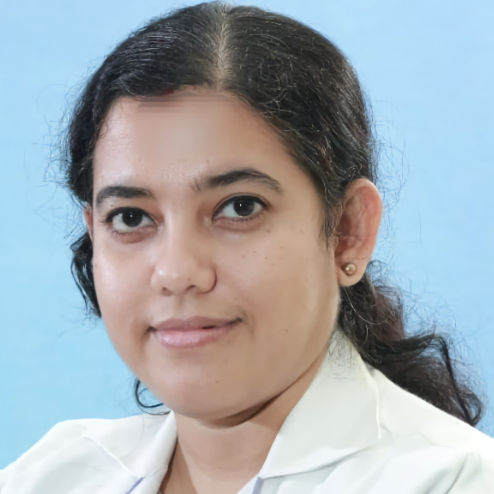
Dr. Moumita Chatterjee
Pulmonology Respiratory Medicine Specialist
17 Years • MBBS, MD Pulomonary Medicine
Kolkata
Dr. Moumita Chatterjee's Clinic., Kolkata
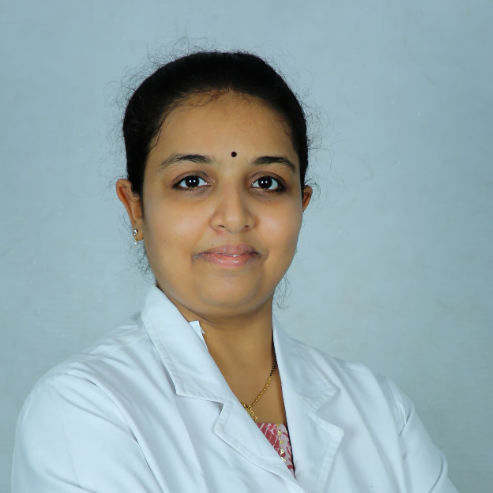
Dr. P Sravani
Pulmonology Respiratory Medicine Specialist
3 Years • MBBS, MD
Visakhapatnam
Apollo Clinic Vizag, Visakhapatnam
